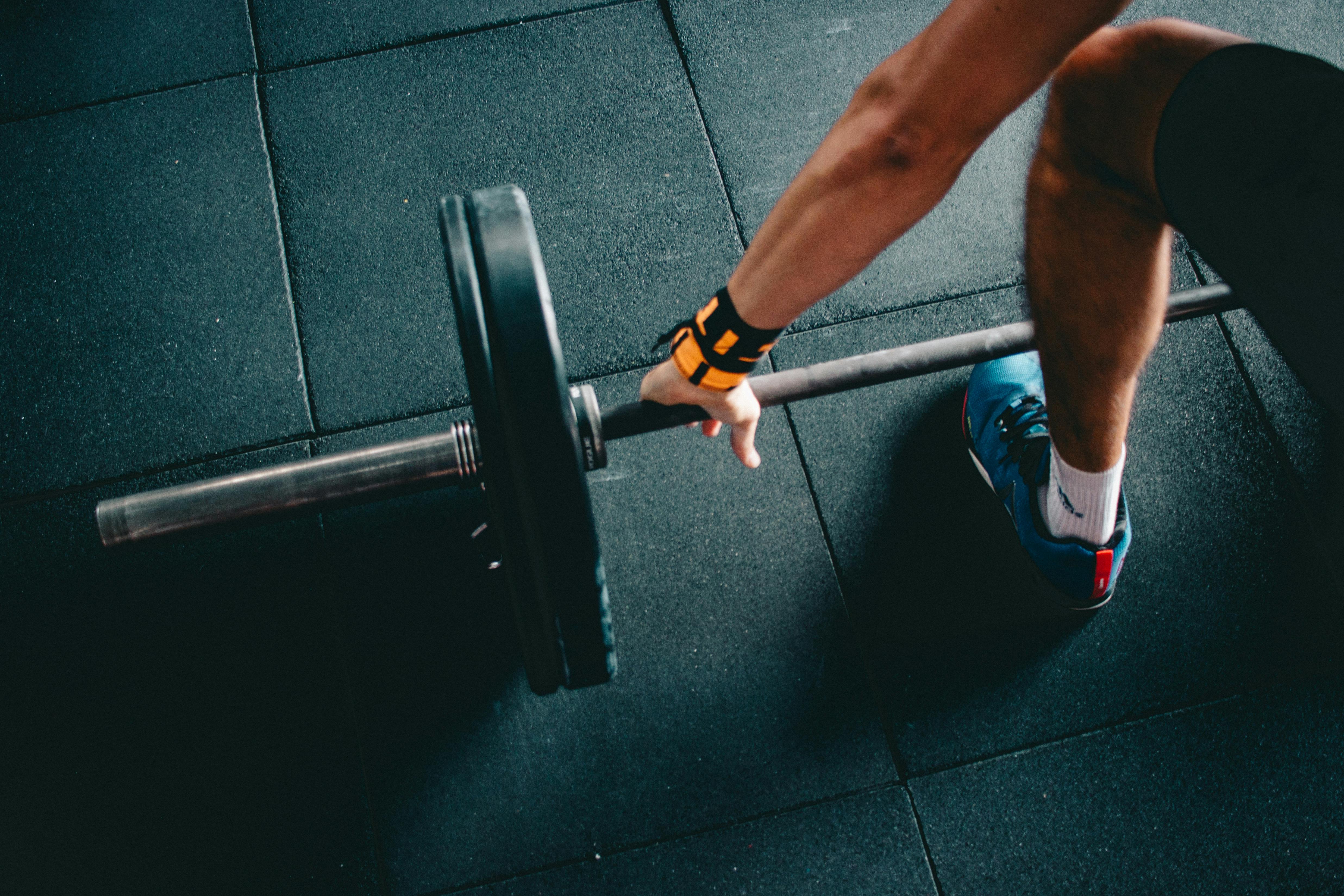Many people associate physical fitness solely with exercise or sports. However, it is much more than that – it is the key to longevity and a life full of health and vitality. Fitness is not just about how fast we run or how much weight we lift but about how efficiently our body functions in daily life.
What does it mean to be in good physical shape?
Physical fitness refers to the body’s ability to meet daily demands without experiencing excessive fatigue. It consists of several components, all of which contribute to overall well-being. Cardiorespiratory endurance plays a crucial role in providing energy and resilience against fatigue, while muscular strength allows our muscles to generate force and support the body. Muscular endurance ensures that muscles can sustain repeated movements without tiring quickly and flexibility facilitates joint mobility, reducing the risk of injury. Body composition, which refers to the balance of fat, muscle, bone, and fluids in the body, is another essential factor in determining overall fitness. These elements not only shape an individual’s fitness level but also have a direct impact on their overall health.
How does physical fitness affect our body?
Exercise goes beyond improving physical appearance; it has profound effects on overall health. Aerobic activities such as walking, running and cycling strengthen the heart, lower blood pressure and reduce the risk of heart disease. Strength training helps increase muscle mass and bone density, decreasing the likelihood of osteoporosis. Additionally, regular physical activity enhances cognitive function by boosting memory and concentration while lowering the risk of dementia. Maintaining muscle mass also contributes to an increased metabolism, allowing the body to burn more calories even at rest, which is essential for weight management.
The scientific benefits of fitness
Research consistently highlights the health benefits of maintaining good physical fitness. Regular exercise can lower the risk of chronic diseases such as cardiovascular disease, type 2 diabetes and certain cancers by up to 50 per cent. It also has a positive impact on mental health, promoting the release of endorphins and serotonin, which help reduce stress and combat depression and anxiety. Furthermore, moderate physical activity strengthens the immune system, making the body more effective at fighting off infections. Studies suggest that individuals who maintain a high level of physical fitness tend to live three to seven years longer while enjoying a higher quality of life.
How to stay active without overdoing it
Improving fitness does not necessarily require spending long hours in the gym. Simple lifestyle changes can yield significant benefits. Engaging in 150 minutes of aerobic activity per week, such as brisk walking, swimming, or dancing, is sufficient to maintain activity levels. Incorporating two to three strength training sessions per week can be highly effective, even when using bodyweight exercises such as squats and push-ups instead of heavy weights. Small adjustments, such as opting for the stairs instead of the elevator, walking rather than driving short distances and taking movement breaks during prolonged periods of sitting, can further contribute to a more active lifestyle.
Fitness is the best investment in life
Taking care of our body is not a luxury reserved for athletes; it is an essential investment in our future. The more active we are, the better we feel – both physically and mentally. Prioritizing physical fitness enhances our overall well-being and extends our lifespan, making it one of the most valuable commitments we can make to ourselves.






Click here to change your cookie preferences